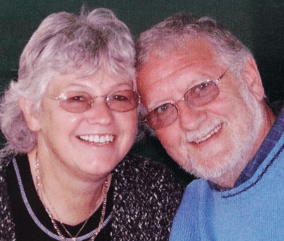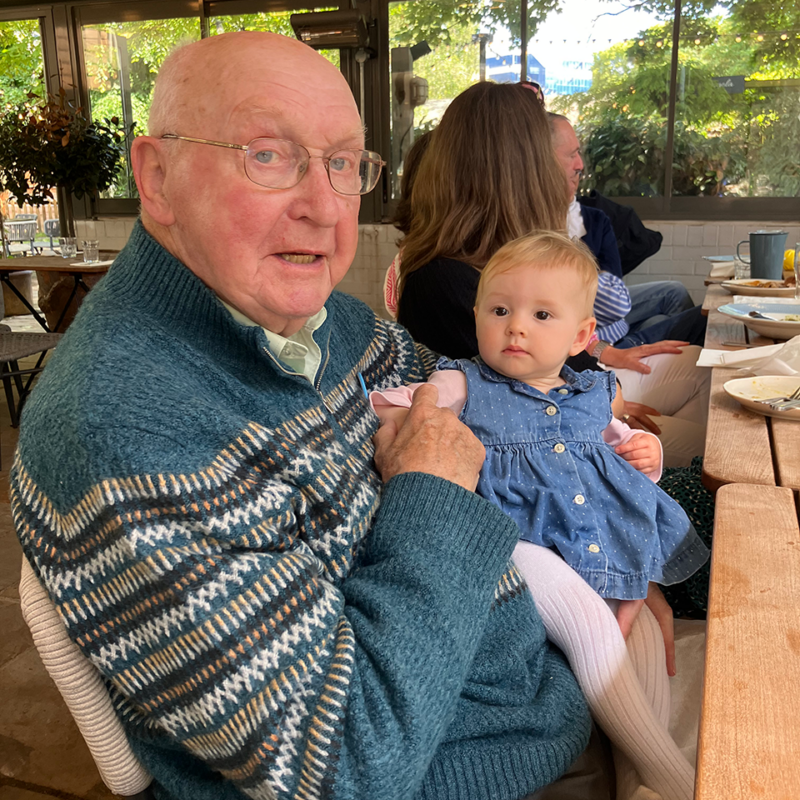
I still cherish every moment I have with Jan – Bob’s story
Bob, who has been married to Jan for 62 years, reflects on their beautiful relationship in spite of a heartbreaking journey with dementia.
Dementia is an umbrella term for a range of progressive disorders affecting the brain.
There are over 200 types of dementia. Alzheimer’s disease is the most common. Each type of dementia stops a person’s brain cells working in specific areas, affecting their ability to remember, think and speak.
Doctors typically use the word ‘dementia’ to describe a set of common symptoms that get worse over time.
Although dementia has a common set of signs and symptoms, each type presents itself differently, and people may have some or all of them. They may also have more than one type of dementia (‘mixed dementia’), with symptoms of each.
Here, you can find out about the main signs and symptoms of the most common types of dementia. Be aware that everyone has their own experience of dementia, and the signs and symptoms may vary between people.
The signs and symptoms of vascular dementia depend on which area of the brain has been affected (usually by a stroke).
The main symptom is difficulty with language, reading, writing and communication.
If the area of the brain that is responsible for memory has not been damaged, memory problems may not be an issue initially, although they may develop later on.
There are two main types of frontotemporal dementia: behavioural variant frontotemporal dementia (Pick’s) and primary progressive aphasia.
Symptoms common to both types of frontotemporal dementia include:
Initial symptoms of behavioral variant frontotemporal dementia include:
Initial symptoms of primary progressive aphasia include:
Memory is often less affected than with other types of dementia.
Mixed dementia refers to a person having more than one type of dementia at the same time.
The symptoms vary depending on the part of the brain affected. If the person has two types of dementia, the symptoms can be more noticeable and appear to progress more rapidly.
There are two main types of alcohol-related dementia: Wernicke’s encephalopathy and Korsakoff’s syndrome.
Symptoms common to both types of alcohol related dementia include:
Symptoms of Wernicke’s encephalopathy often come on suddenly and include:
Korsakoff’s syndrome occurs more gradually. Symptoms include:
As Parkinson’s progresses, cognitive processes may be affected and get worse over time. These include:
Our virtual clinics give you the chance to discuss any questions or concerns with a dementia specialist Admiral Nurse by phone or video call, at a time that suits you.

Bob, who has been married to Jan for 62 years, reflects on their beautiful relationship in spite of a heartbreaking journey with dementia.

Julie Hayden was diagnosed with dementia at just 54 years old. She's since dedicated herself to advocating for people living with dementia and elevating the voice of lived experience.

Simon, who has lived in New Zealand for two decades, discusses how he cares for his dad who has Alzheimer’s disease and lives alone in the UK.